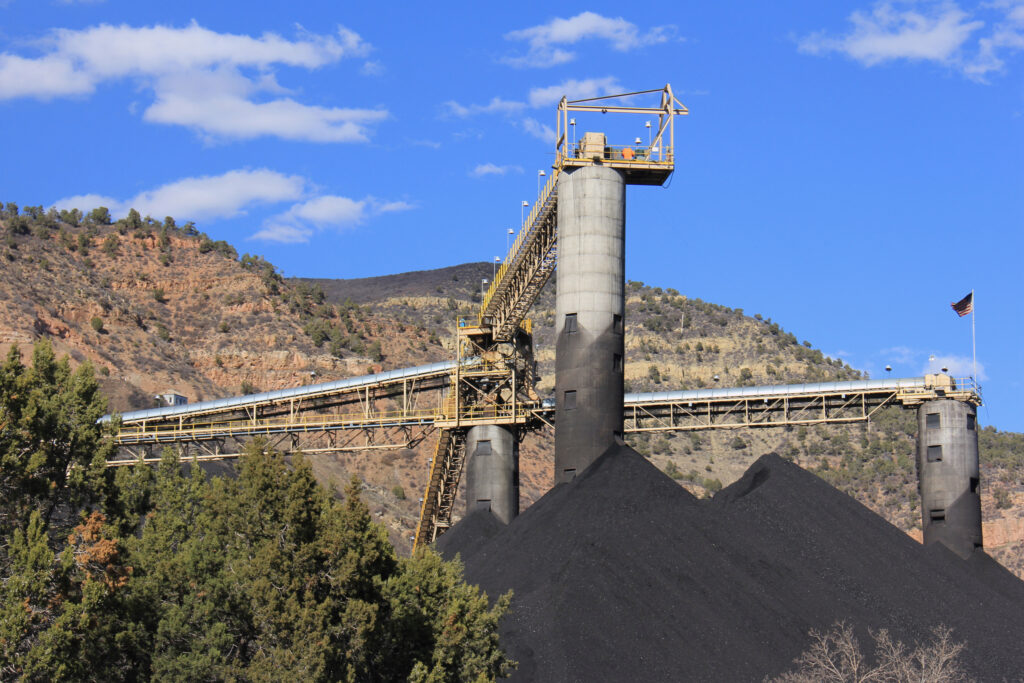The Trump administration's recent push to revitalize the coal industry is a stark response to the perceived urgency of an "AI arms race," highlighting a significant tension between technological advancement and environmental sustainability. By proposing to open millions of acres of public land for mining, coupled with reduced royalty rates and relaxed environmental regulations, the administration aims to bolster a sector that many consider outdated and detrimental to climate goals. This strategy raises critical concerns among environmentalists, who warn that such actions could lead to increased costs and severe repercussions for land, water, and air quality, thereby exacerbating the very issues the U.S. seeks to address through technological innovation.
The implications of this policy shift are profound, as it signals a prioritization of short-term economic gains over long-term environmental stewardship. By investing in coal, the administration risks entrenching reliance on fossil fuels at a time when the global focus is shifting toward cleaner energy solutions. The decision to embrace coal not only undermines climate commitments but also poses a challenge to the U.S. position in the emerging green technology landscape, potentially hindering progress in sustainable energy development and innovation.









